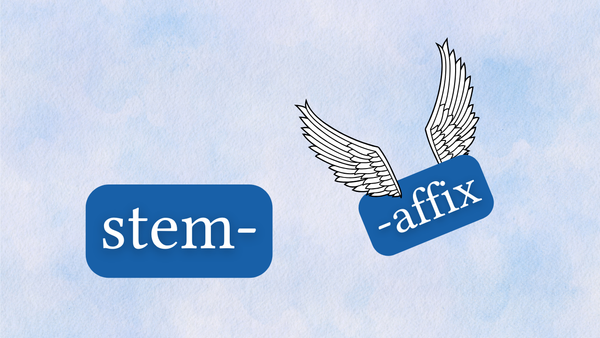
Newsletter
Is baby talk good for your child?
Does using baby talk make language learning easier, or does it hinder your child’s language development?
A semiweekly newsletter showcasing the diversity of the world’s languages. Articles include deep dives about how language works, profiles of different languages, explainers of concepts in linguistics, reviews of language-focused books and media, and lots more! Some posts are only available to paid subscribers, but most are free.


Newsletter
Does using baby talk make language learning easier, or does it hinder your child’s language development?

Newsletter
“love” and its many related words in English

Newsletter
How libfixes work, where they come from, and what they teach us about language and the mind

Newsletter
How caregivers instinctively simplify their speech for children—and how it helps

Newsletter
Why is “February” spelled with two ⟨r⟩’s even though most people only pronounce one of them?

Newsletter
What happens when parts of words declare independence

Newsletter
Early exposure to language is crucial for your child’s long-term linguistic development

Newsletter
How the spelling of “longevity” is playing a mental trick on you

Newsletter
In defense of Dictionary.com’s 2025 Word of the Year

Newsletter
Join League of the Lexicon game creator Joshua Blackburn as he follows the threads of his curiosity about keyboards

Newsletter
A sneak peek at Jess Zafarris’ new book, “Useless etymology: Word origins for curious minds”

Newsletter
A new book takes us on a linguistic odyssey through the history of the alphabet